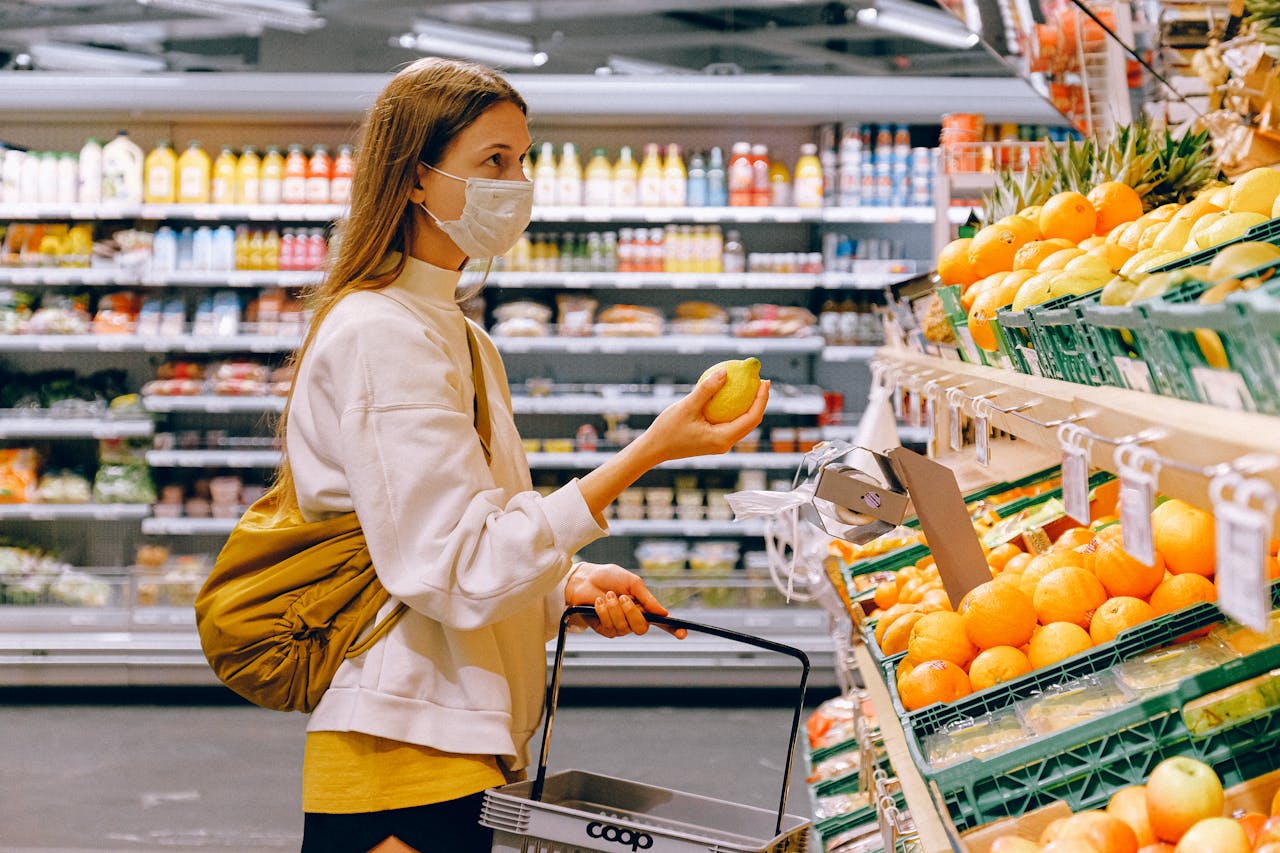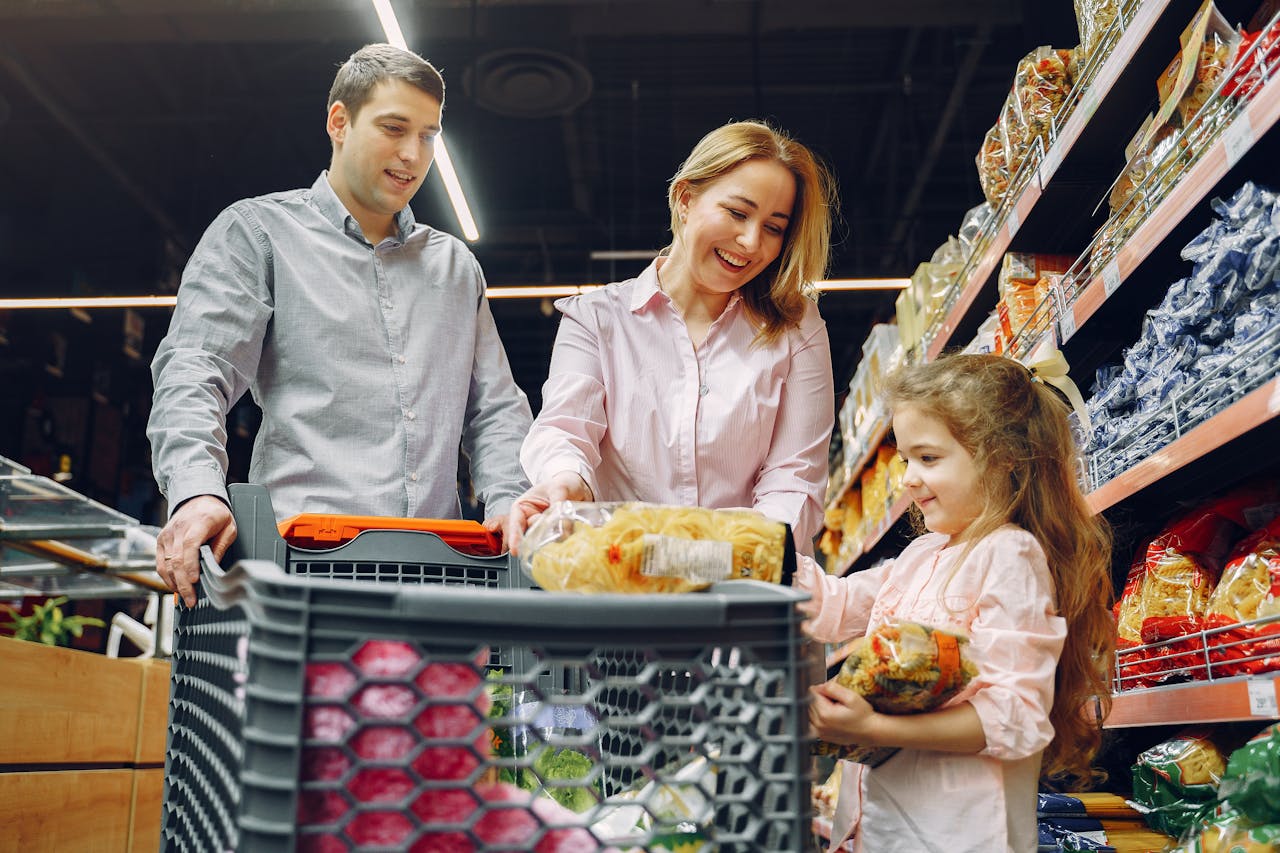Every time you walk into a grocery store, you’re not just shopping for dinner but also sharing a surprising amount of information about yourself. From the moment you swipe your loyalty card or tap your phone at checkout, stores start piecing together a detailed profile of your habits, preferences, and even your lifestyle. This isn’t just about what’s in your cart; it’s about how, when, and why you shop. Understanding what stores know about you after just one grocery trip can help you make smarter choices about your privacy and your wallet. If you’ve ever wondered how your shopping data is used or why you get certain coupons, this article is for you.
Below, we break down the key things grocery stores learn about you after a single visit. Each point offers practical advice to help you stay informed and in control.

1. Your Shopping Habits
Grocery stores track what you buy, how often you shop, and even the time of day you prefer to visit. Every purchase is logged and analyzed when you use a loyalty card or a store app. This data helps stores predict your future purchases and tailor their marketing efforts. For example, if you always buy organic produce on Saturdays, you might start seeing more organic deals in your inbox. To limit this tracking, consider paying with cash or skipping the loyalty program, though you may miss out on some discounts.
2. Your Favorite Brands and Products
After just one grocery trip, stores know which brands and products you prefer. Whether you’re loyal to a specific cereal or always buy a certain brand of coffee, this information is valuable. Retailers use it to send you targeted coupons and promotions, hoping to keep you coming back for your favorites. If you want to avoid being profiled this way, mix up your purchases or opt out of digital receipts and marketing emails.
3. Your Dietary Preferences and Restrictions
Your grocery cart can reveal a lot about your diet. If you buy gluten-free bread, dairy alternatives, or plant-based meats, stores can infer dietary restrictions or lifestyle choices. This data is often used to personalize offers and suggest new products. While this can be convenient, it also means your dietary habits are part of your consumer profile. To keep this information private, avoid linking your purchases to your personal information whenever possible.
4. Your Location and Shopping Patterns
Stores use your payment methods, loyalty cards, and even mobile apps to track where and when you shop. This helps them understand which locations you frequent and how far you’re willing to travel for groceries. Some apps even use location services to send you real-time deals when you’re nearby. If you’re concerned about location tracking, review your app permissions and consider disabling location services on your phone.

5. Your Response to Promotions
Retailers pay close attention to which promotions and coupons you use. If you redeem a digital coupon for ice cream, the store notes your interest and may send you more dessert deals in the future. This feedback loop helps stores fine-tune their marketing strategies. To avoid being targeted, use generic coupons or shop without logging into your account.
6. Your Payment Preferences
How you pay—credit card, debit card, mobile wallet, or cash—provides stores with additional insights. Digital payments are especially valuable because they can be linked to your identity and spending history. Some stores even partner with financial institutions to analyze broader spending patterns. If privacy is a concern, cash remains the most anonymous option.
7. Your Household Size and Life Stage
The quantity and variety of items in your cart can hint at your household size and life stage. Buying baby formula, diapers, or school snacks suggests you have young children, while purchasing large quantities of pet food points to pet ownership. Stores use this information to send you relevant offers and advertisements. Avoid using loyalty programs for every purchase, or split your shopping between different stores to minimize profiling.
8. Your Willingness to Share Data
Signing up for loyalty programs, downloading store apps, or participating in surveys signals your comfort level with data sharing. Stores track how much information you’re willing to provide and may offer more personalized rewards to those who share more. If you prefer to keep your data private, limit the amount of personal information you provide, and regularly review your privacy settings.
9. Your Online and In-Store Behavior
Many grocery stores now integrate online and in-store data to build a complete picture of your shopping behavior. If you browse products online, add items to a digital list, or use curbside pickup, these actions are tracked and combined with your in-store purchases. This omnichannel approach helps stores anticipate your needs and personalize your experience.
10. Your Demographic Profile
Even after one trip, stores can make educated guesses about your age, income level, and lifestyle based on your purchases and payment methods. This information is often combined with third-party data to create detailed customer profiles. These profiles are used for targeted advertising and can even be sold to other companies.
Why Your Grocery Data Matters More Than You Think
Every grocery trip leaves a digital footprint that stores use to shape your shopping experience and influence your choices. While some of this data collection leads to better deals and more convenient shopping, it also raises important questions about privacy and control. By understanding what stores know about you after just one grocery trip, you can make informed decisions about how much information you share and how you shop. Taking small steps—like reviewing app permissions, using cash, or opting out of loyalty programs—can help you protect your privacy while still enjoying the benefits of modern grocery shopping.
What’s your take? Have you noticed personalized offers after a grocery trip, or do you take steps to protect your privacy? Share your experiences in the comments below!
Read More
What Retailers Know About You Based on What You Put in Your Cart First
5 Ways Your Partner’s Grocery Choices Could Be a Red Flag
The post What Stores Know About You After One Grocery Trip appeared first on Grocery Coupon Guide.







